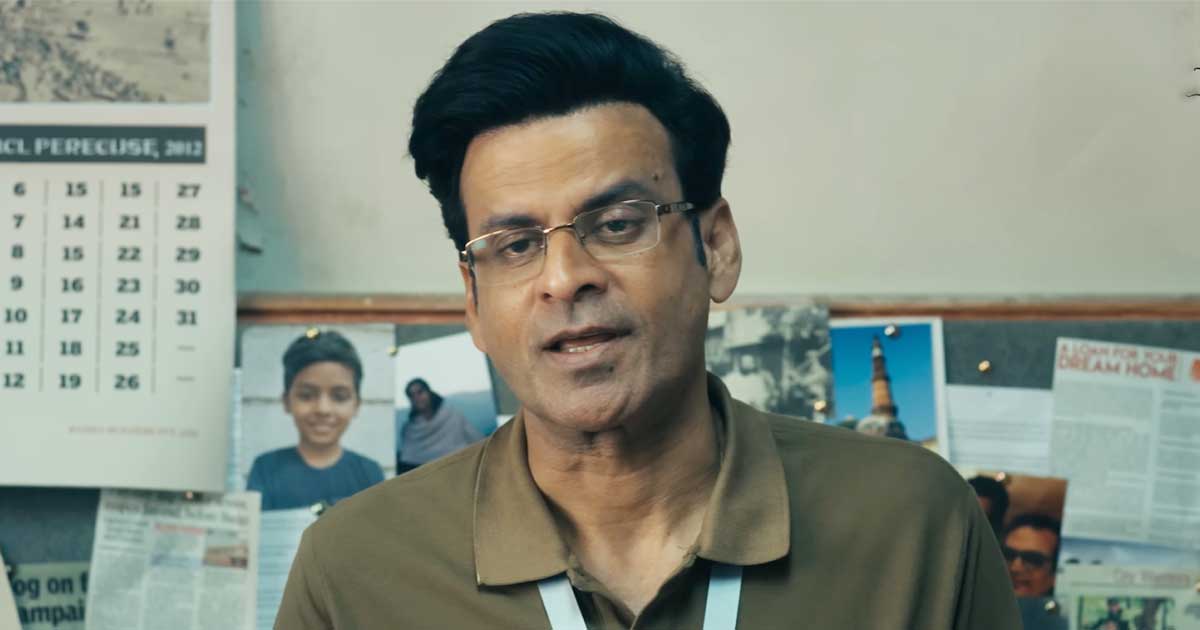It is not clear that Shiite Iran and Hezbollah will risk a big fight with Israel over the death of a Sunni official, Hamas Deputy Chief Saleh al-Arouri, a former top defense chief, told The Jerusalem Post on Wednesday.
The comment was made in the context of whether, if Israel was indeed responsible for Arouri’s death, it was a risky move to have taken while he was on Lebanese soil, which could start a general war with Hezbollah.
“If Hezbollah fires its large missiles, 1,000 to 3,000 per day, on the Israeli home front, Israel could hit Hezbollah hard. I am not sure they [Hezbollah] are in this spirit. Also, Iran may not want to lose control of its proxy in Lebanon [if it was hit by Israel] to take revenge for a Palestinian Sunni, who is not a Shi’ite,” even if he is connected to Hamas, which has sometimes acted as an Iranian proxy.
According to the official, although the Islamic Republic and Hamas do cooperate often, they have also had major differences, such as during the Syrian Civil War. Also, he said, the risks that Tehran and Beirut might take for each other might be more than what they would do for Sunni Palestinians, who are on the opposite side of the broader Middle East conflict between Sunni and Shi’ite Muslims.
The official added that the attack would not necessarily harm the possibility of a hostage deal in the long run.
Arouri and Sinwar were not as close as other Hamas leaders
He said that Gaza Chief Yahya Sinwar has now outpaced the Hamas leadership outside of Gaza because of his October 7 success and because he is managing the current war on the ground, such that he can make or not make a deal even if they might disagree with him.
Furthermore, he said that Arouri and Sinwar were not as close as various other Hamas leaders.
Asked to discuss the considerations taken regarding such a major assassination, if Israel carried it out, he said that the prime minister must approve it and that typically, there are extensive meetings over time before a green light is finally given.
Such operations are viewed as extremely difficult because it is not enough to know where the target is at one specific time; it must also be known where the target is traveling, he said.
He said that such targeted killings do not always achieve the desired result but that they are one utensil in Israel’s toolbox for handling terrorists.
The official expressed hope that Israel will be able to take down other top Hamas leaders, such as Khaled Mashal, who narrowly avoided a Mossad assassination in 1997.
Former top Mossad officials have discussed with the Post instances when there were disagreements between the intelligence experts and the political leaders as to whom to assassinate, when to do it, and what the impacts would be – all of which have major strategic implications.
In the end, Mossad officials follow the orders of the prime minister, but there have been times when they talked a prime minister out of one course of action or another or when a prime minister denied a request for a targeted killing.







